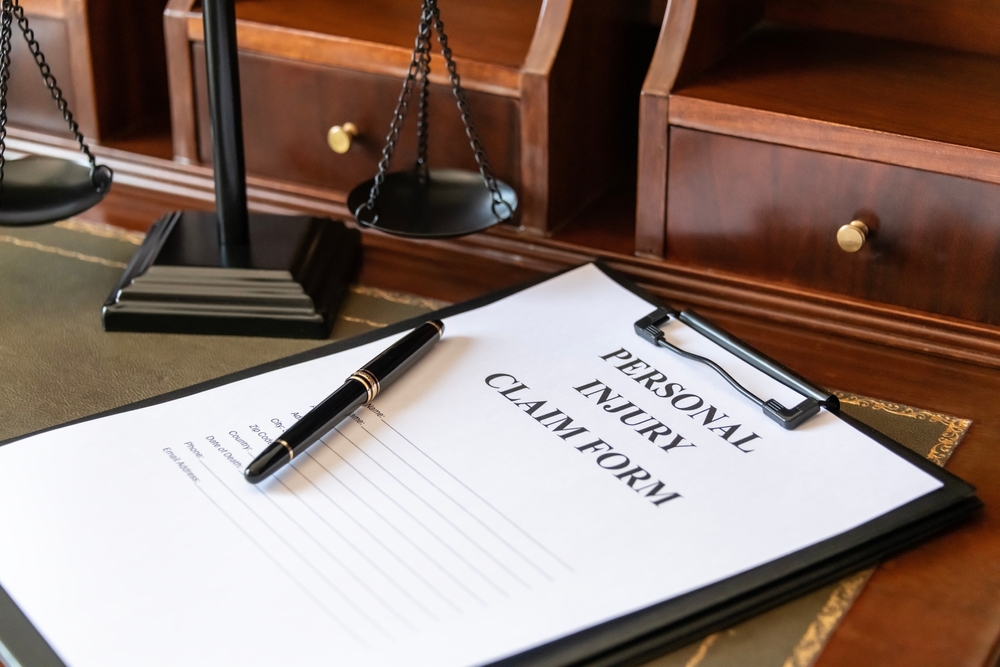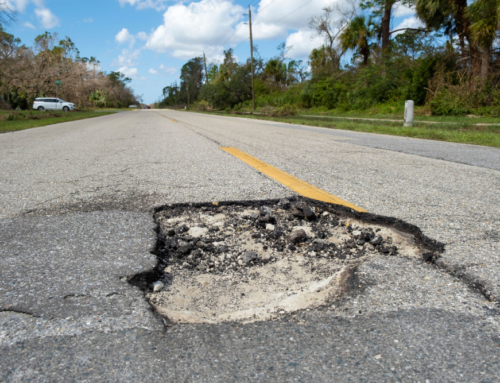Personal injury claims can be a lifeline for victims seeking compensation for damages resulting from accidents and injuries. However, many individuals may delay filing their claims due to various reasons, such as recovering from injuries, underestimating the extent of their damages, or simply needing to be made aware of the urgency required. This article explores the critical risks of waiting too long to file a personal injury claim, emphasizing the importance of timely legal action to protect your rights and secure the compensation you deserve.
The Statute of Limitations: What You Need to Know
One of the most pressing reasons to file a personal injury claim promptly is the statute of limitations. This legal deadline varies by state and type of claim, but it generally sets a fixed period within which you must file your lawsuit. In Florida, for example, the statute of limitations for most personal injury claims is four years from the accident date. Missing this deadline can bar you from pursuing legal action entirely, regardless of the merits of your case.
The statute of limitations serves several purposes, including preserving the integrity of evidence and ensuring timely resolution of disputes. Over time, evidence can deteriorate, and witnesses’ memories can fade, making it more challenging to build a strong case. Understanding the specific time limits that apply to your situation is crucial, and consulting with a personal injury attorney can help ensure you meet these deadlines.
Erosion of Evidence Over Time
The longer you wait to file a personal injury claim, the greater the risk that critical evidence will be lost or degraded. Physical evidence, such as damaged vehicles, hazardous conditions, or medical records, may become less available or more difficult to obtain as time passes. Similarly, witness statements are most reliable when given shortly after the incident, as memories can become less accurate over time.
For example, in a slip and fall case, the condition of the premises at the time of the accident is crucial. If you wait too long, the property owner might repair the hazardous condition, making it challenging to prove the danger existed. Promptly filing a claim ensures evidence is preserved and strengthens your ability to demonstrate liability and damages.
Impact on Medical Documentation and Treatment
Timely medical treatment is essential for your health and for documenting your injuries. Delays in seeking medical attention can raise questions about the severity and causation of your injuries. Insurance companies and defense attorneys may argue that the injuries are not as severe as claimed or that they resulted from an intervening event rather than the accident in question.
Accurate and consistent medical records play a vital role in personal injury claims. They provide a clear link between the accident and the injuries sustained, which is crucial for obtaining compensation. Prompt medical evaluation and ongoing treatment documentation can significantly bolster your case and counter any attempts to downplay your injuries.
Financial Strain and Delayed Compensation
Personal injury victims often face substantial financial burdens, including medical bills, lost wages, and other related expenses. Delaying the filing of your claim can prolong this financial strain, leaving you without the resources needed to cover these costs. The sooner you initiate your claim, the sooner you can potentially receive compensation to alleviate these financial pressures.
Additionally, early filing can expedite the legal process, leading to a quicker resolution of your case. Insurance companies are more likely to negotiate a meaningful settlement when a claim is filed promptly and backed by solid evidence. If you address your claim early on, the chances of a favorable and timely settlement are increased.
Legal Complexities and Procedural Requirements
Personal injury claims involve various legal complexities and procedural requirements that must be navigated carefully. Filing deadlines, paperwork, evidence gathering, and negotiations all require meticulous attention to detail. Delaying your claim can complicate these processes and increase the likelihood of errors or omissions that could weaken your case.
An experienced personal injury attorney can guide you through these complexities, ensuring that all legal and procedural requirements are met. They can also handle negotiations with insurance companies, advocate on your behalf, and help you avoid common pitfalls associated with delayed claims.
Psychological and Emotional Toll
The aftermath of an accident can be emotionally and psychologically taxing. Delaying your personal injury claim can prolong this distress, as unresolved legal matters and financial uncertainties can add to the stress of recovery. Filing your claim immediately allows you to focus on healing and moving forward, knowing that professionals are handling your legal and financial interests.
Additionally, timely action can provide a sense of empowerment and control over your situation. By taking proactive steps to seek compensation, you can begin to rebuild your life and secure the resources needed for your recovery.
Conclusion
The risks of waiting too long to file a personal injury claim are significant and multifaceted. From legal deadlines and evidence preservation to financial strain and emotional well-being, timely action is essential to protecting your rights and securing the compensation you deserve. Delaying your claim can jeopardize your ability to recover damages and prolong the challenges you face in the aftermath of an accident.
Don’t wait to take action if you or a loved one has been injured due to someone else’s negligence. Contact Payas, Payas, and Payas today for a free consultation with our experienced personal injury attorneys. We are committed to helping you navigate the complexities of your case and ensuring that you receive the justice and compensation you deserve. Act now to protect your future and secure the support you need to move forward.








